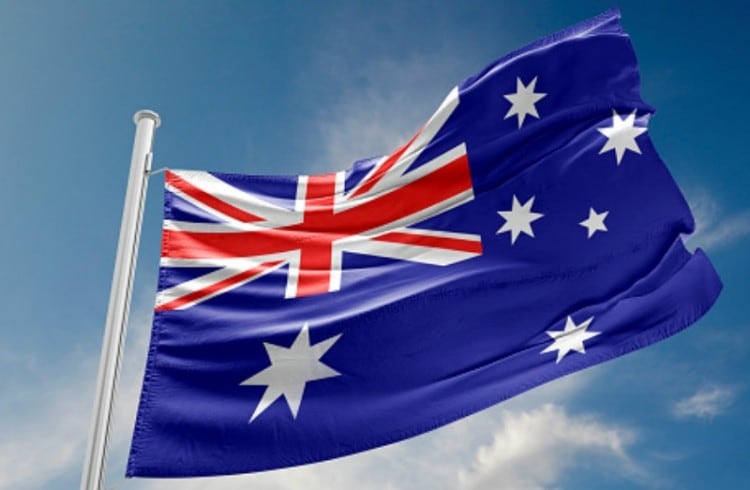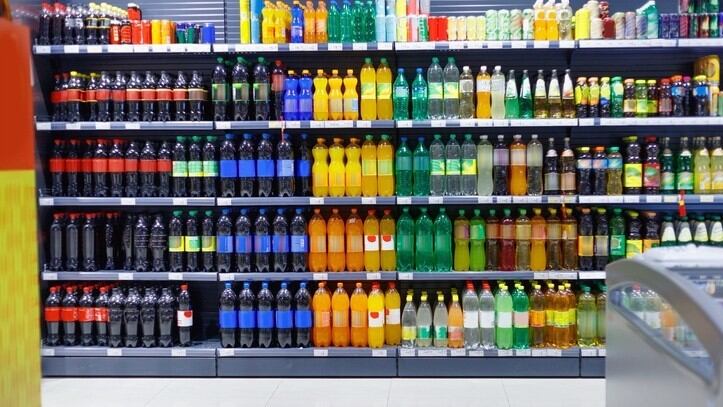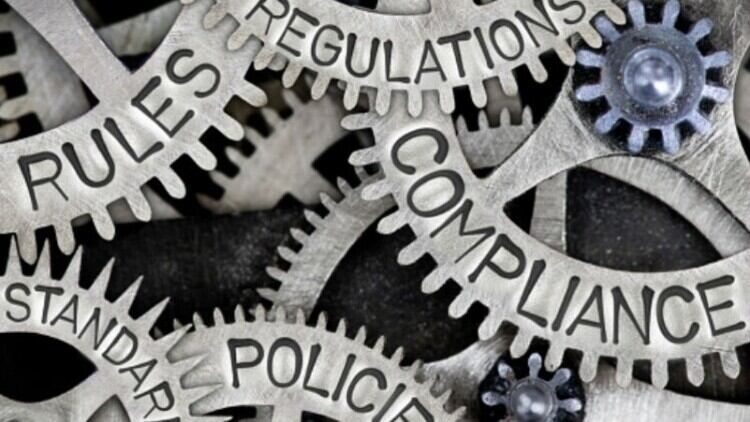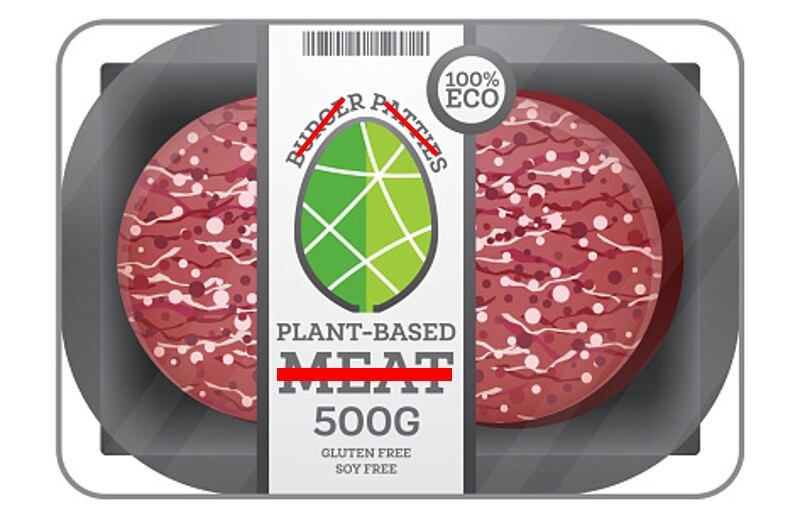Trade association Australian Beverages Council Limited (ABCL) says there is little evidence that policies such as sugar taxes work from a public health perspective and insists any economic sanctions would have a detrimental impact on jobs and viability.
It also argues that the report has failed to acknowledge significant reformulation efforts from the industry in recent years.
The recently published National Obesity Strategy 2022-2032 (NOPS), penned by the Department of Health, made it clear that officials would consider using economic and policy tools to reduce consumption of sugar-sweetened beverages.
It said it would “consider policy approaches that use price to reduce consumption of sugar-sweetened beverages while minimising impacts on disadvantaged populations”.
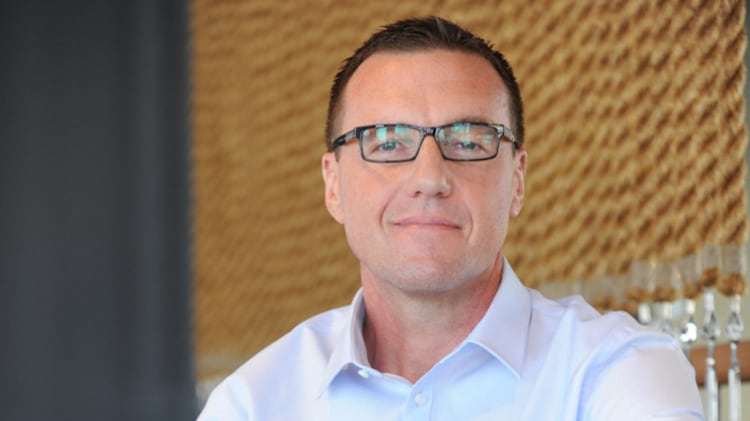
But the CEO of ABCL Geoff Parker said: “There is already a price differential today. For example, there is a 10% GST on beverages.
“The NOPS is a wide-ranging strategy and the fact that it was a large consultation, done over three years with over thousands consulted from the government, private and manufacturing sectors. We knew they were considering using price.
“However, according to global, evidence-based data, major cities do not have tax placed on sweetened beverages. For example, UK companies attempted reformulation of beverages, but the overall sugar consumption of UK citizens still did not decrease. Different conferences organised by the UN also have always dropped the idea of taxing sugar.”
At this juncture, Parker said it was difficult to predict the obesity plan’s impact on revenue and emphasised that ABCL is supportive of policy based on global, evidence-based statistics and data which are not discriminatory and regressive.
“There’s no silver board or a quick fix to (solve) a complex issue (obesity),” added Parker.
ABCL is the body representing the non-alcoholic beverage industry, comprising small, medium-sized and large companies which collectively produce over 95% of the industry’s volume. Members make more than AUD$7bn (USD$5.28bn) contribution to the Australian economy annually and employ over 46,000 individuals.
Industry efforts, unnoticed
He steered the attention to the industry’s efforts to offer low to no-sugar beverages over the past 22 years.
For instance, ABCL has sped and scaled its portfolio renovation with its flagship Sugar Reduction Pledge in June 2018.
Major beverage manufacturers have signed the pledge to reduce sugar in their products by 20% targeted for 2025. According to Parker, the industry had already charted a 12% reduction in 2020.
He said the four largest beverage manufacturers in Australia had signed the pledge – Asahi, PepsiCo, The Coca-Cola Company and Coca-Cola Europacific Partners.
ABCL will be releasing its progress report on the 20% by 2025 pledge next week.
These industry efforts were also documented in a peer-reviewed paper titled “Sales of Sugar-Sweetened Beverages in Australia: A Trend Analysis from 1997 to 2018” and published in the journal Nutrients in 2020.
“The industry has achieved an impressive 30% sugar reduction to 32 teaspoons per person annually or 127g for non-alcoholic beverages in Australia. This is a result of reformulation, marketing and offering low-calorie to no-calorie beverages.
“Since 2015, the low- to no-sugar drinks sales have exceeded those of regular sugar drinks. Sales of bottled and packaged water are also more than sugar-sweetened carbonated soft drinks,” said Parker.
Besides the pledge, ABCL has ratified the Health Star Rating (HSR) system in 2021 and encourages its implementation among members.
Members are also committed to executing responsible marketing tactics and advertising limits through ABCL’s Responsible Marketing and Advertising Pledge and the Australian Association of National Advertisers (AANA) Food and Beverages Advertising Code.
“We would be asking what the government would achieve by implementing (policy on pricing in the obesity plan). It’s a flawed public health policy even before its implementation,” said Parker.
To overcome this issue, he encourages beverage companies in Australia to continue offering consumers a wide range of choices. This move can be made by offering the usual low-calorie beverages to variations in pack sizing.
“Beverage companies in Australia are world-class when responding to consumer demands. Continue offering a wide range of choices, for example by the size of the beverage, size of the packs, whether it’s low-calorie, normal calorie or zero sugar, less sugar,” he said.
Overview of obesity in Oz
NOPS is a decade-long framework, prepared over the course of three years and a result of consultation with more than 2,750 Australians and organisations.
The framework aims to prevent and reduce obesity through strategies like implementing systemic changes and prevention strategies to improve environments, empowering the healthcare system with intervention procedures, and encouraging more discussions about healthy weight in society.
By 2030, it aims to reduce overweight and obesity in children and adolescents aged two to 17 years old by at least 5% by 2030.
Implementation will be guided by four principles – creating equity, tackling weight stigma and discrimination, addressing wider determinants of health and sustainability, and empowering personal responsibility.

